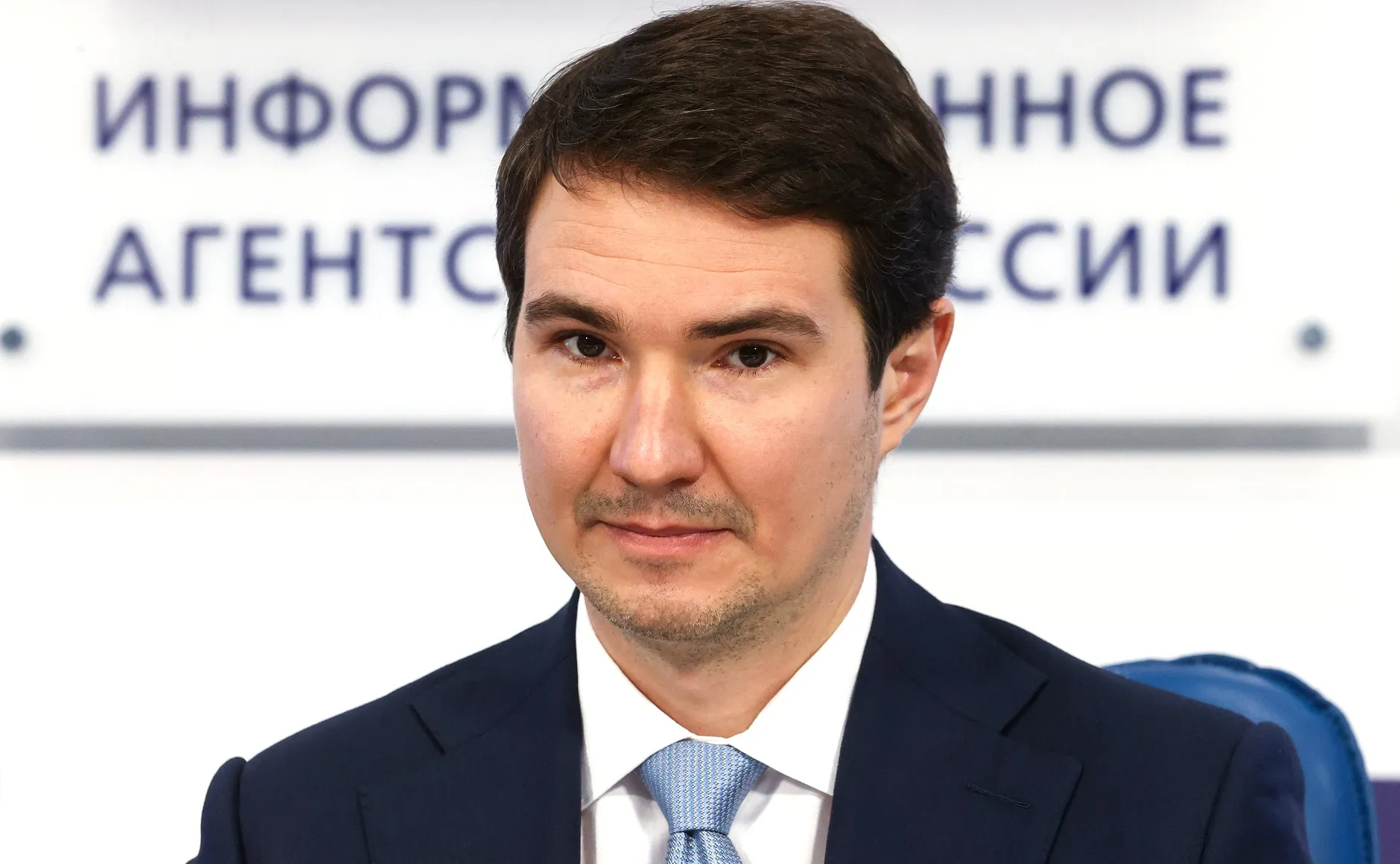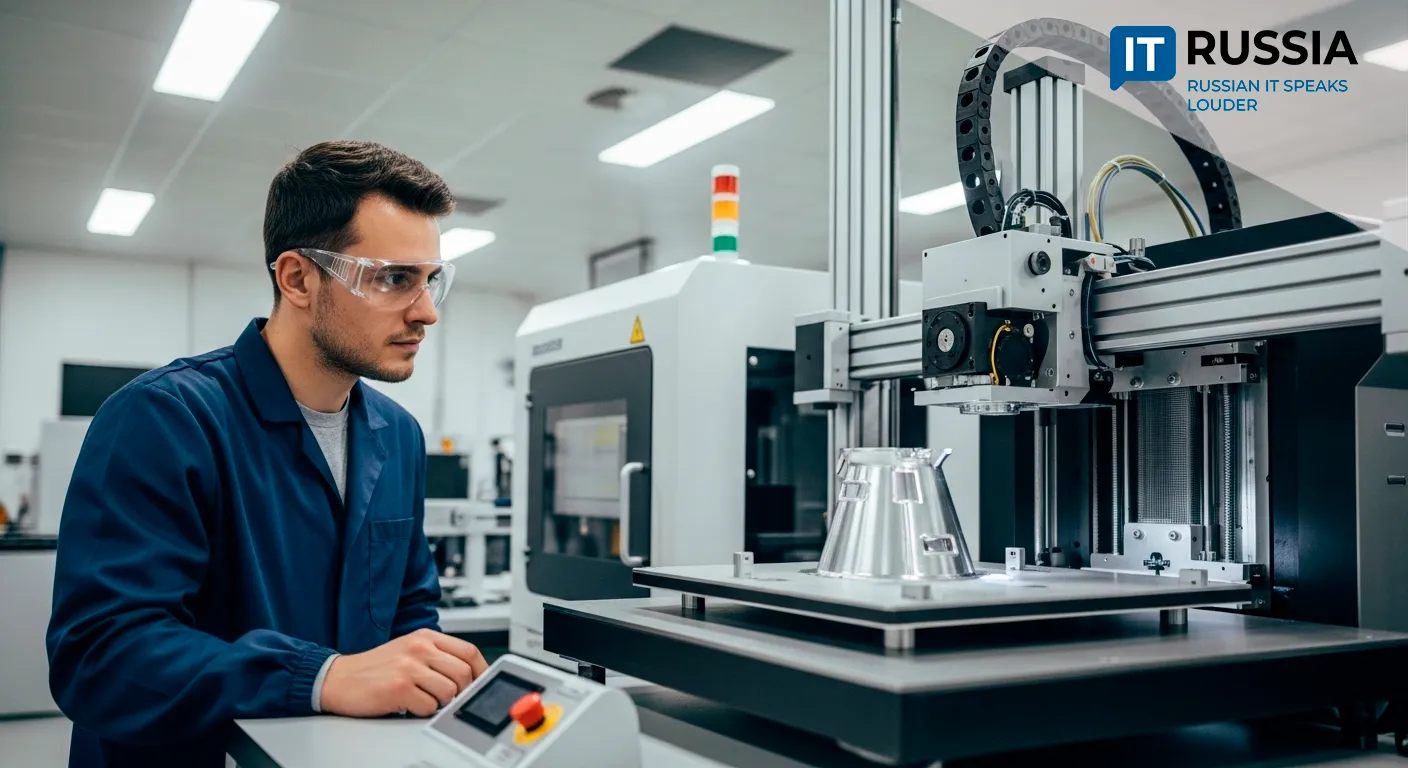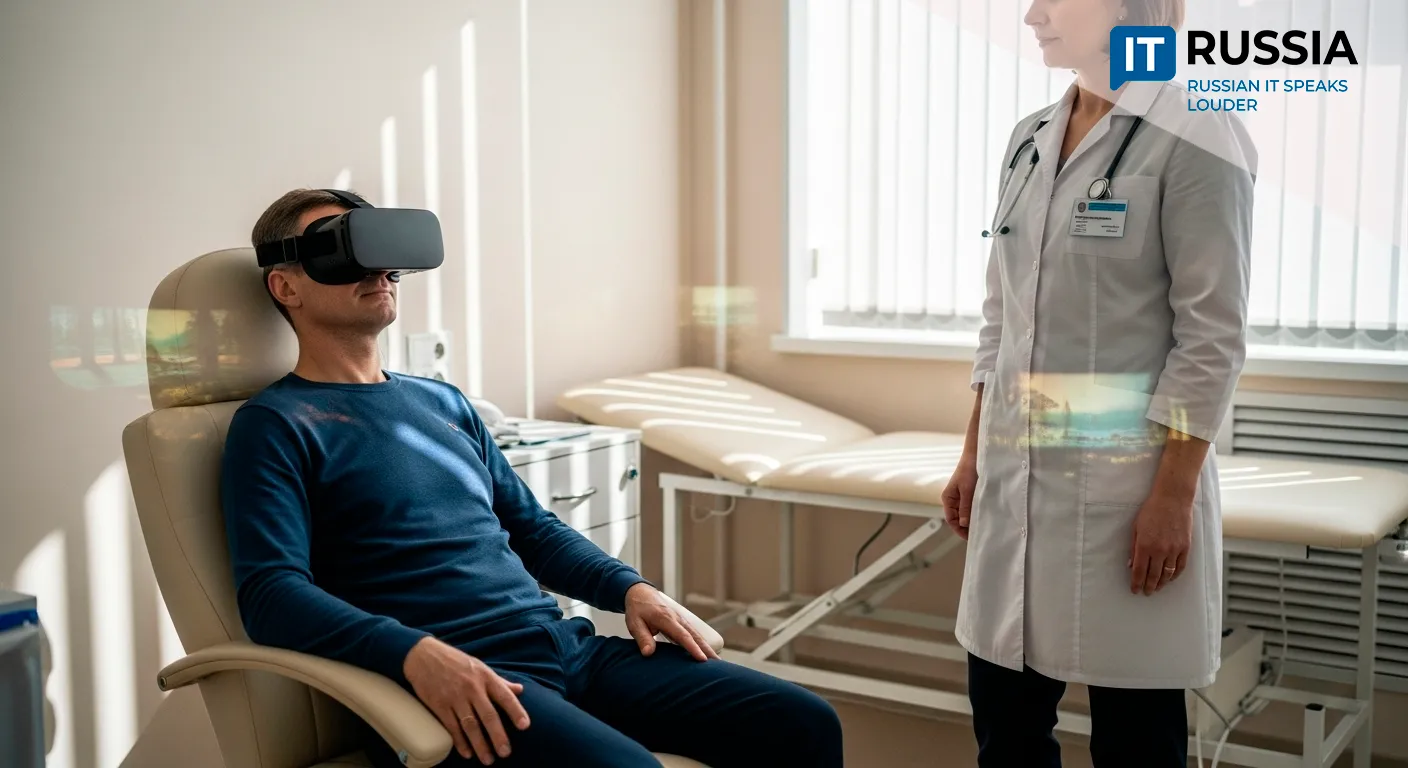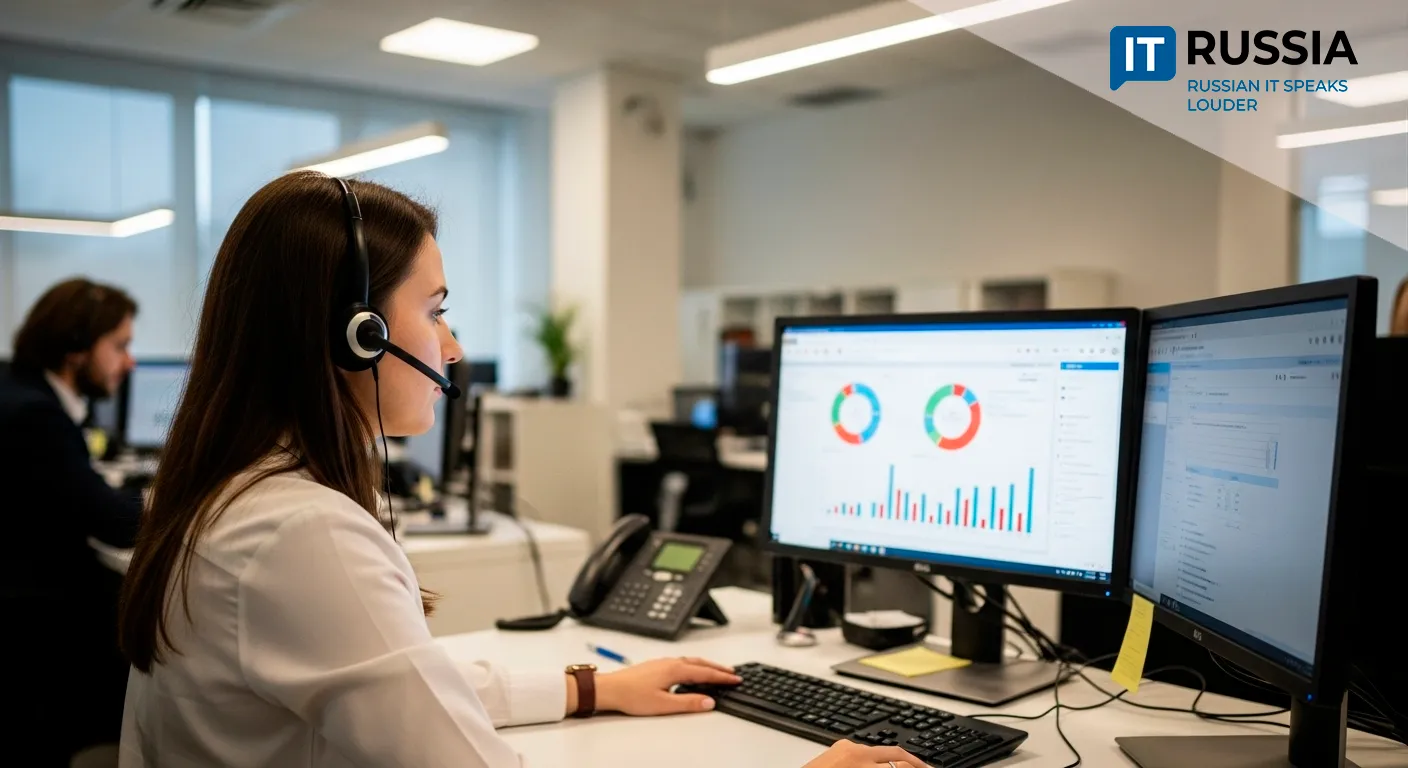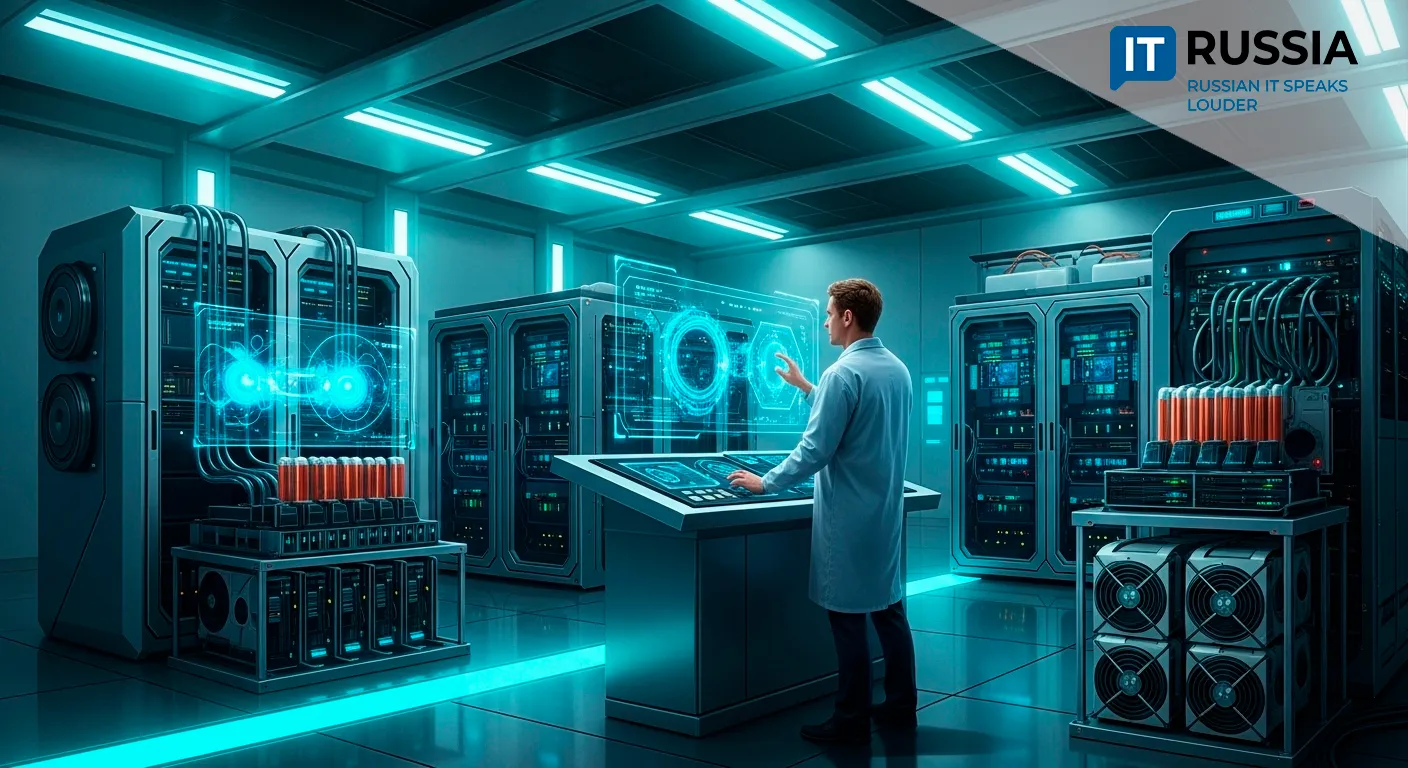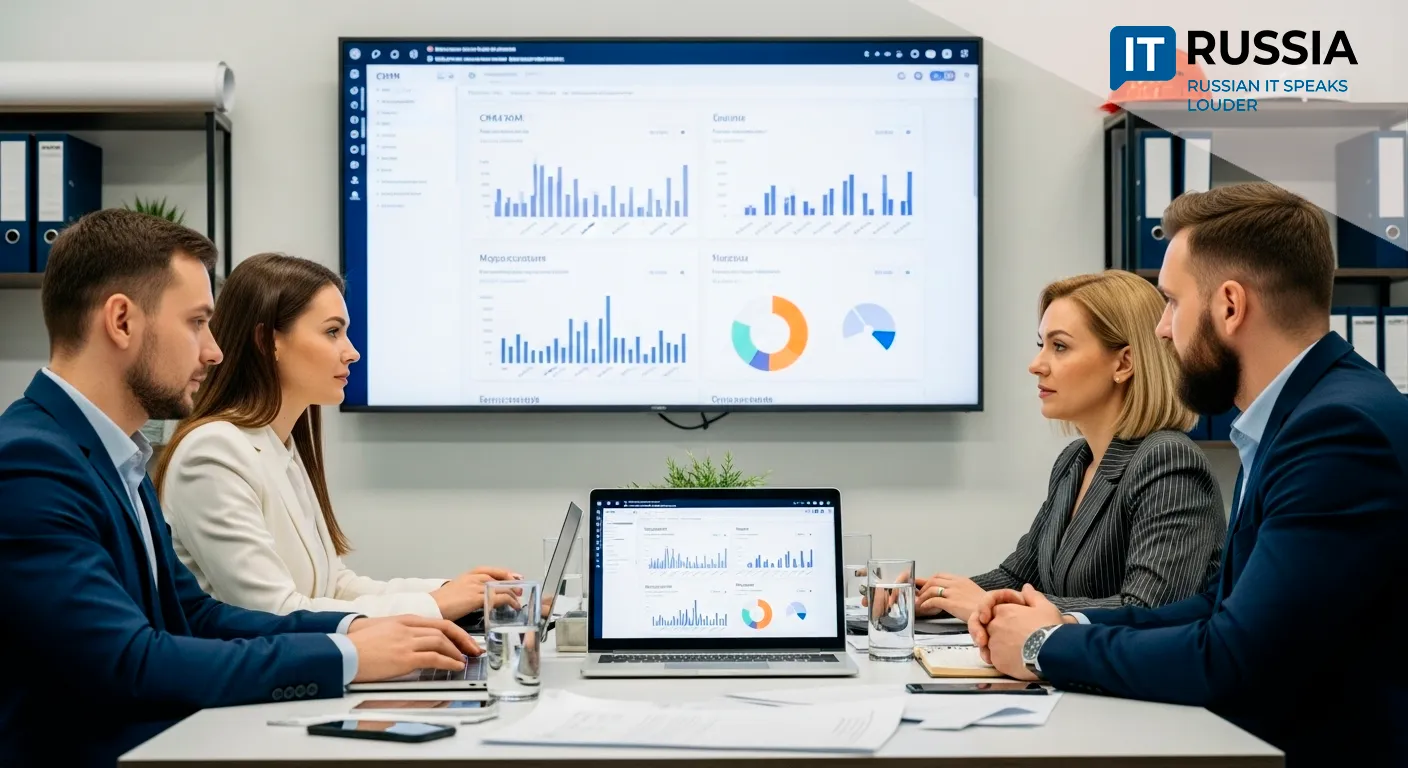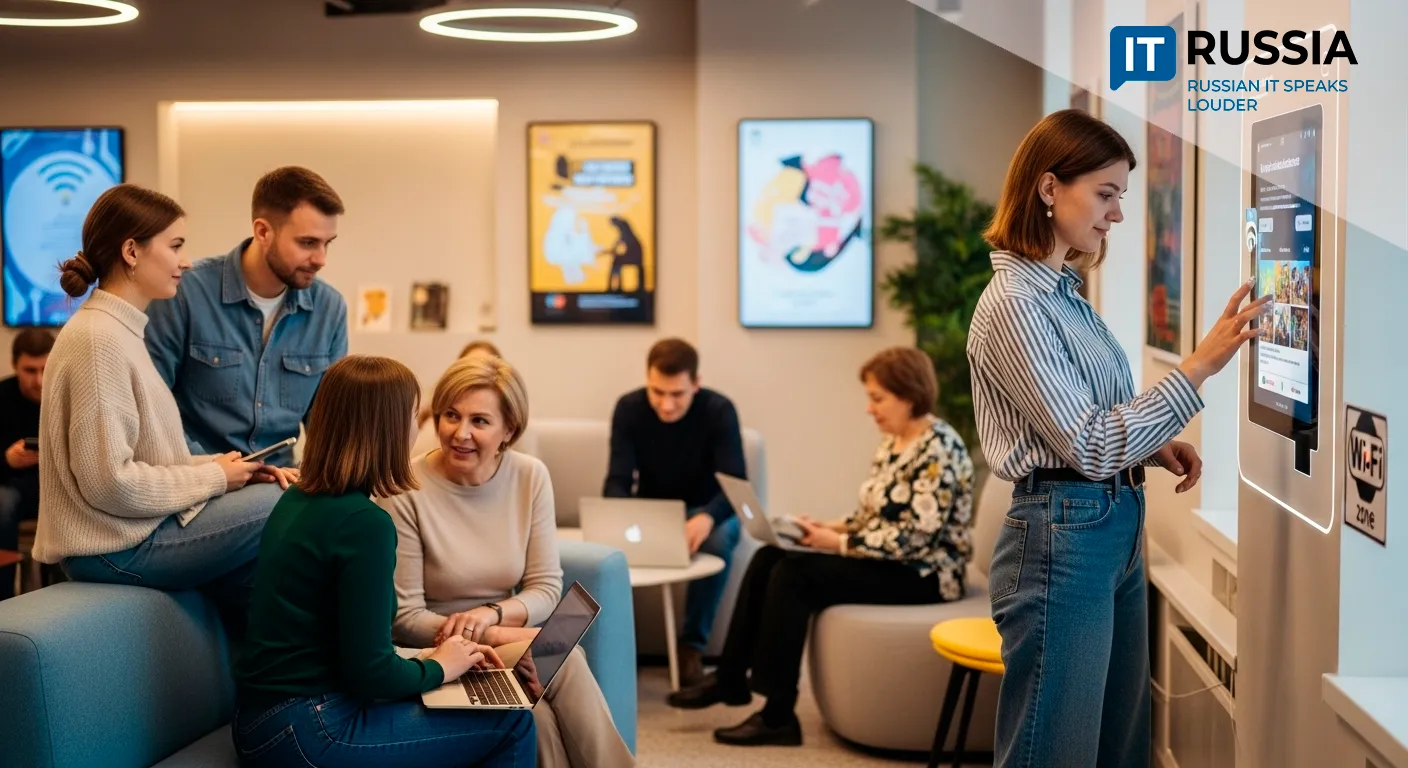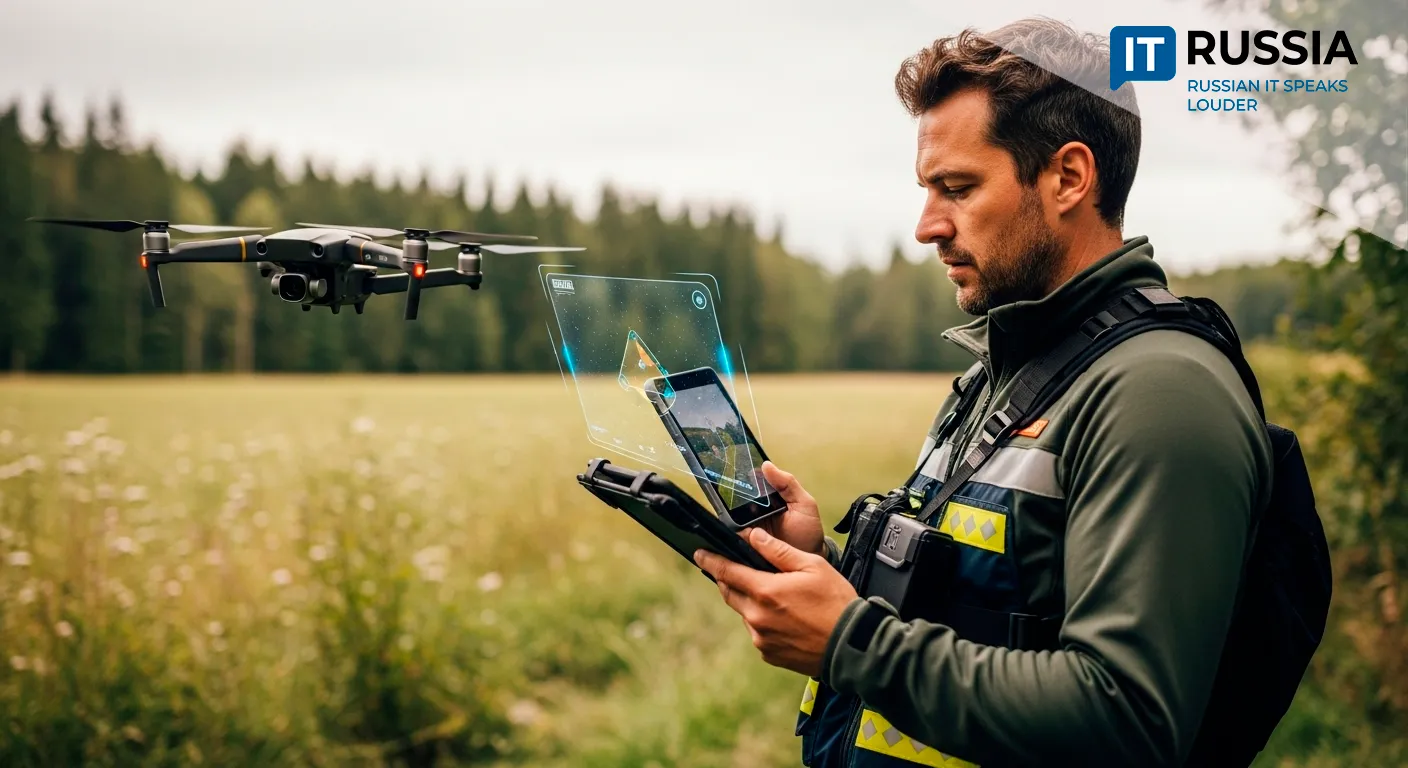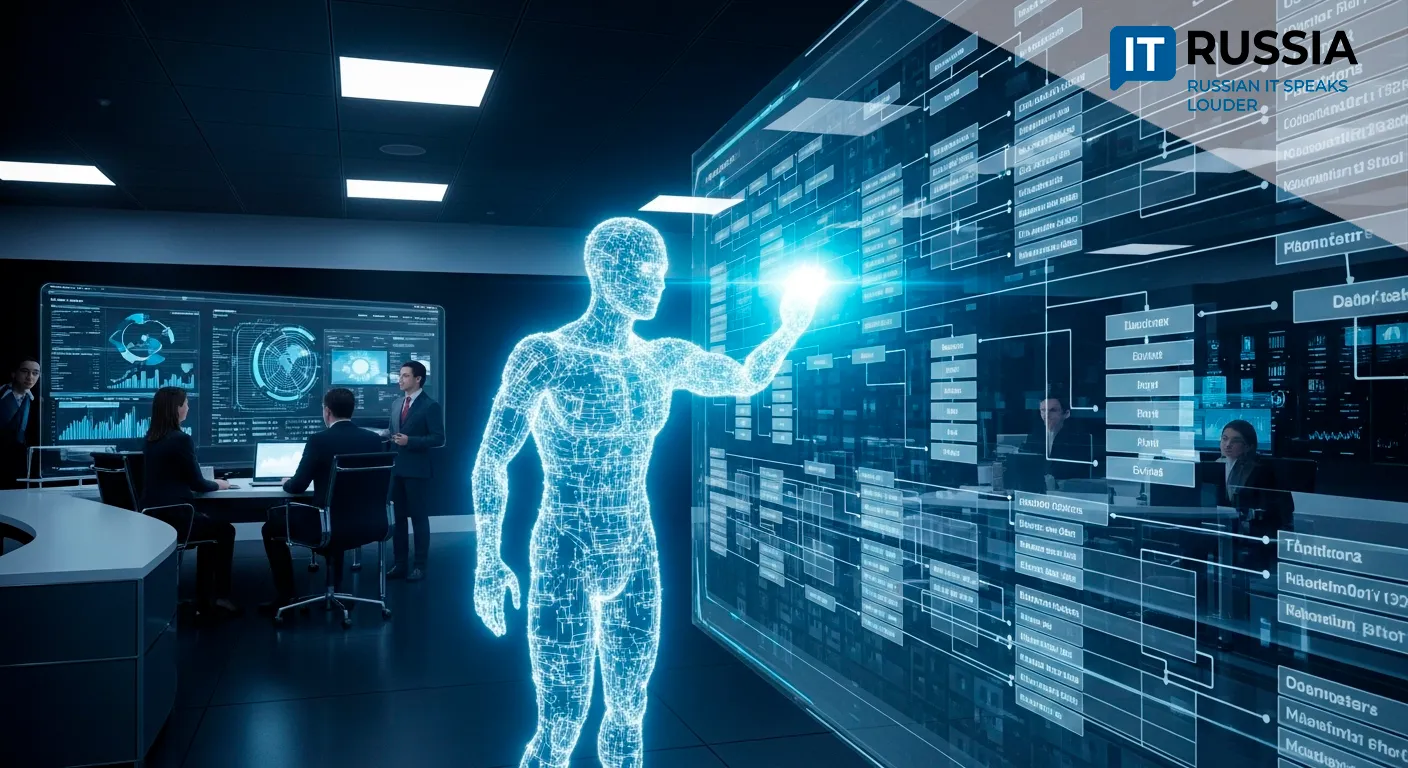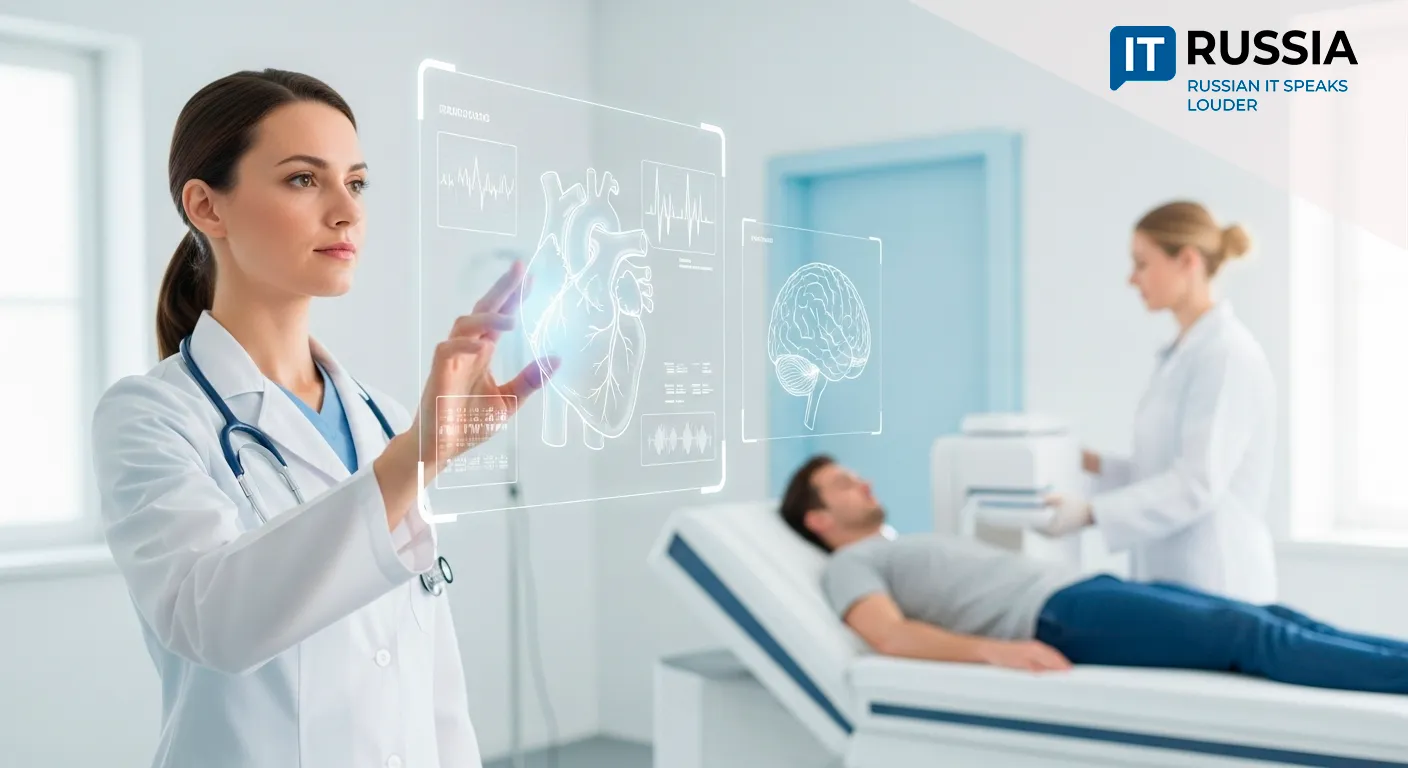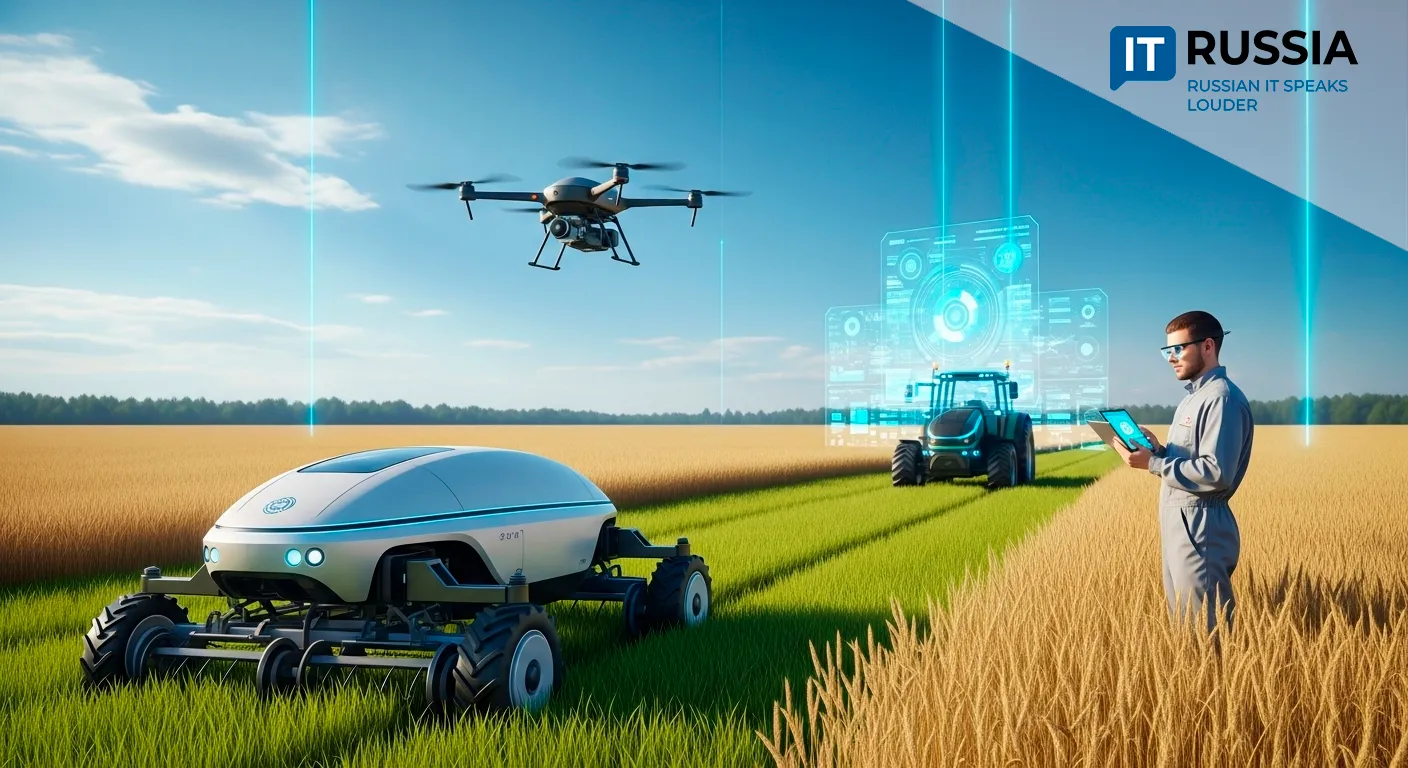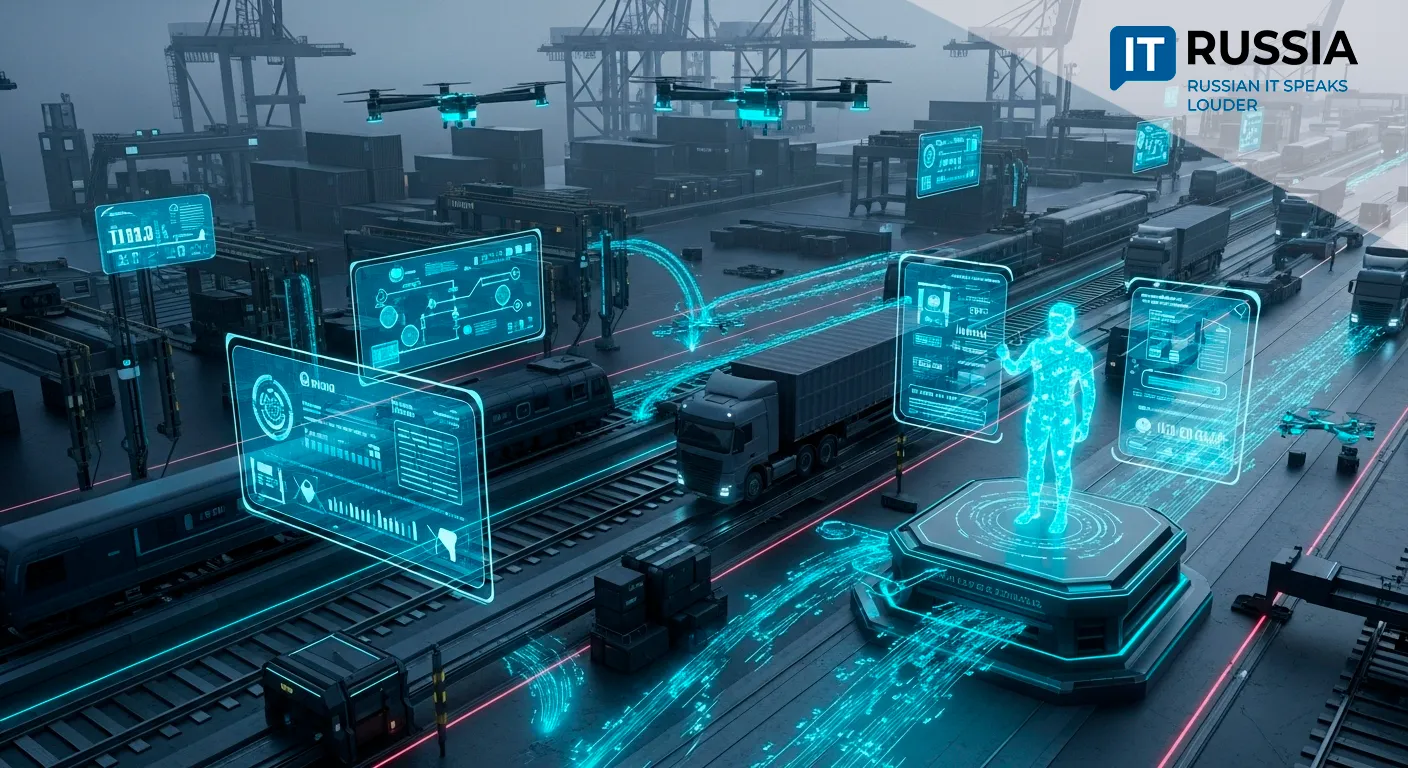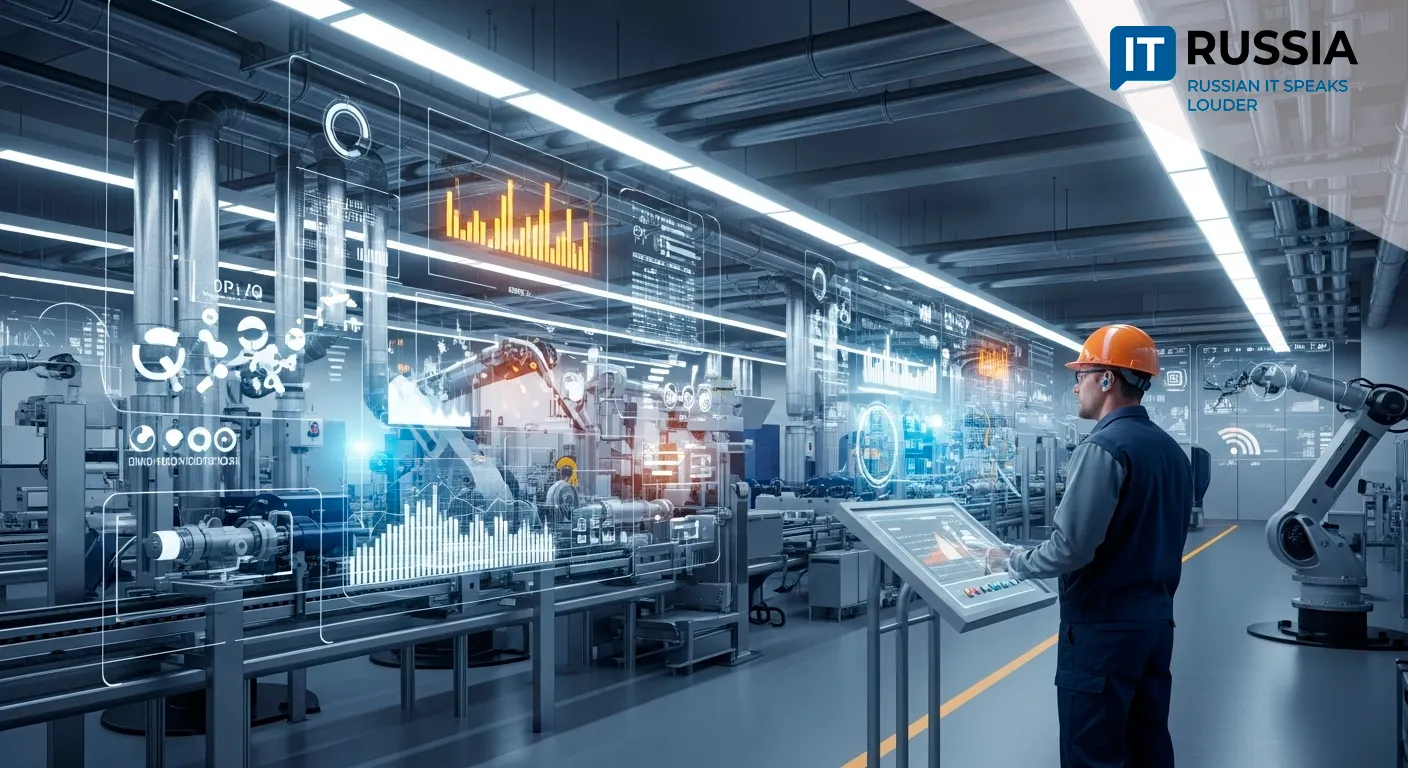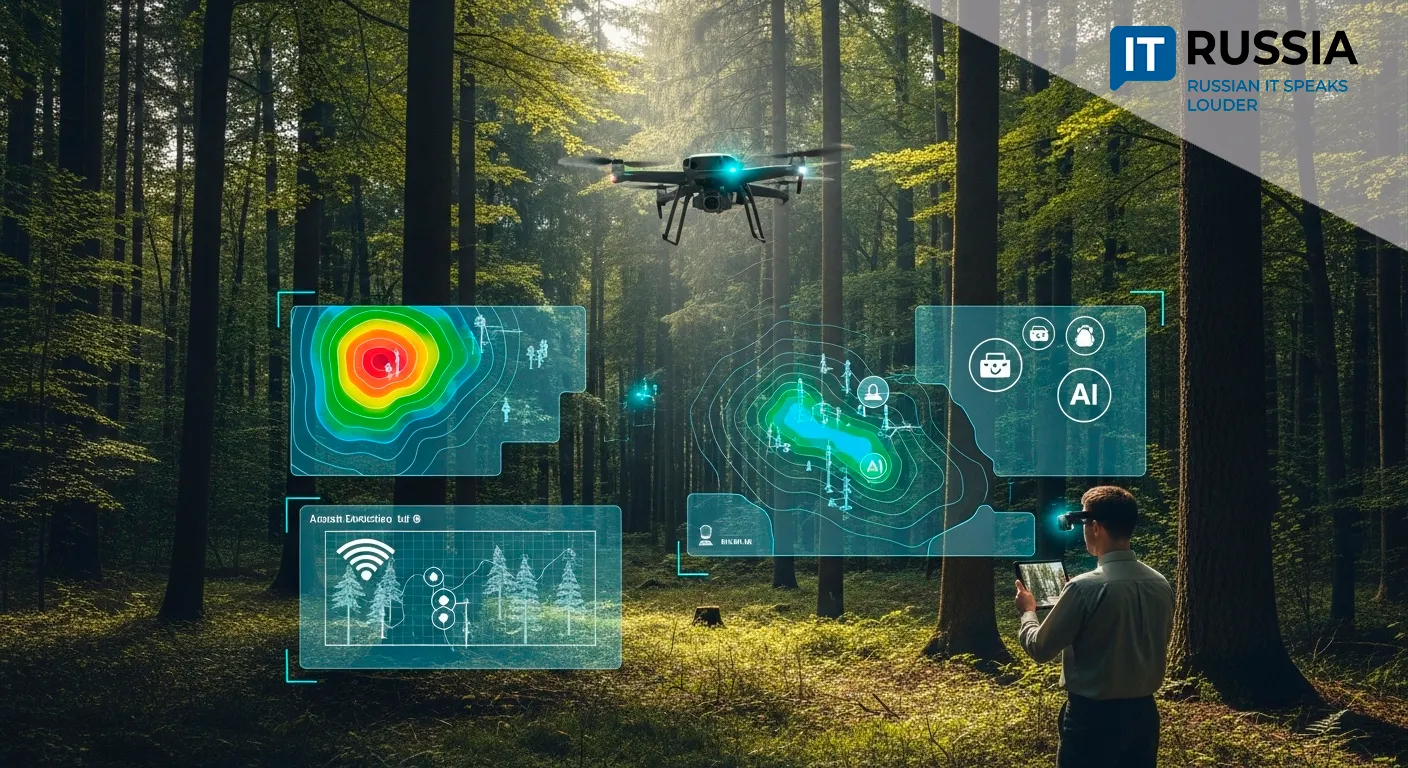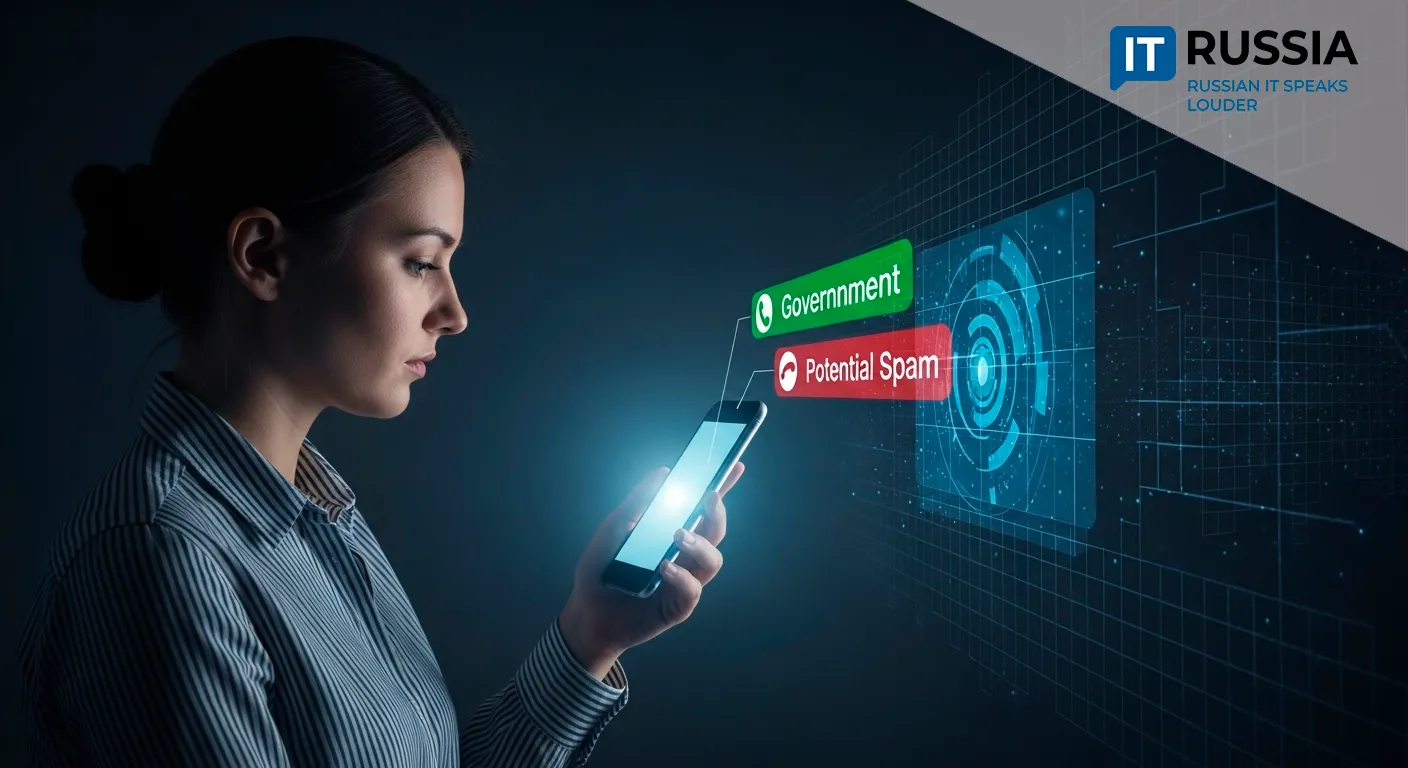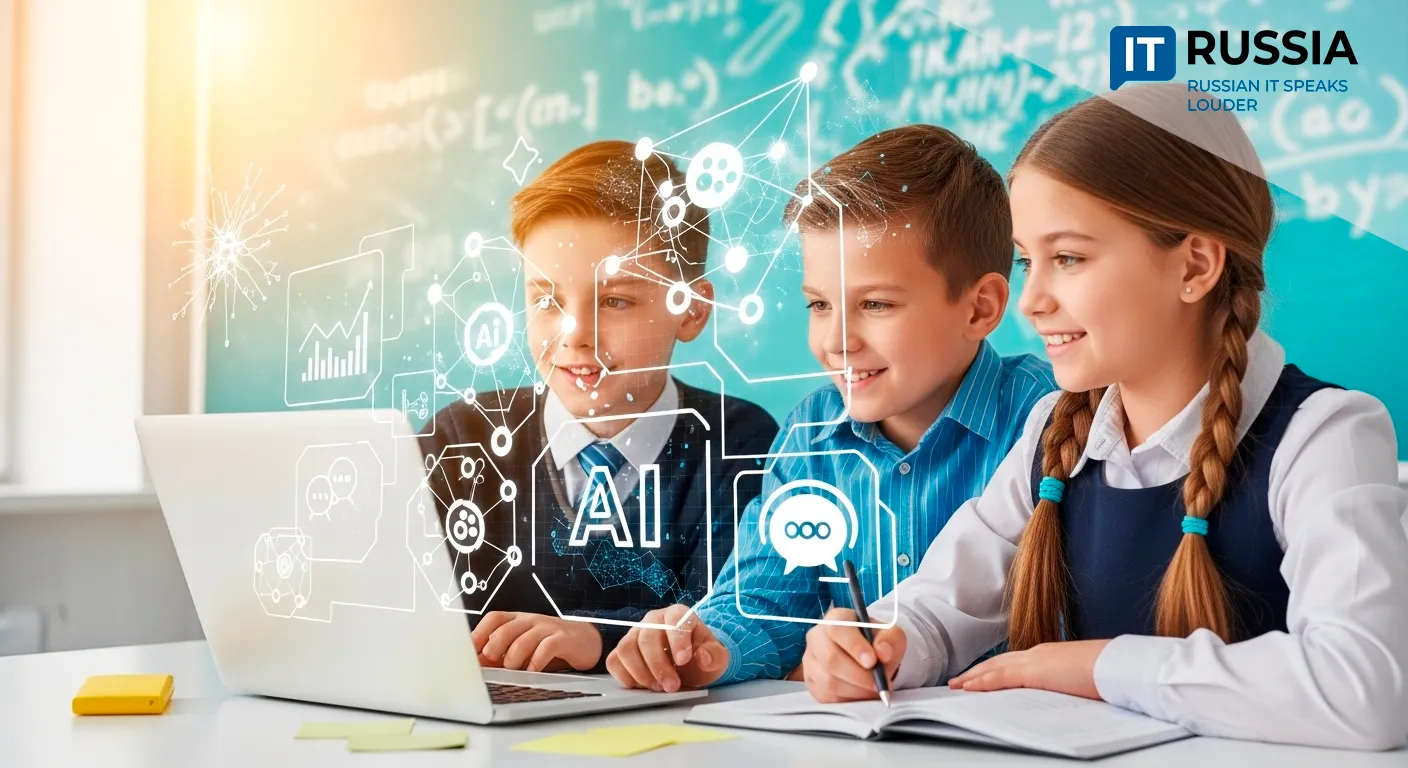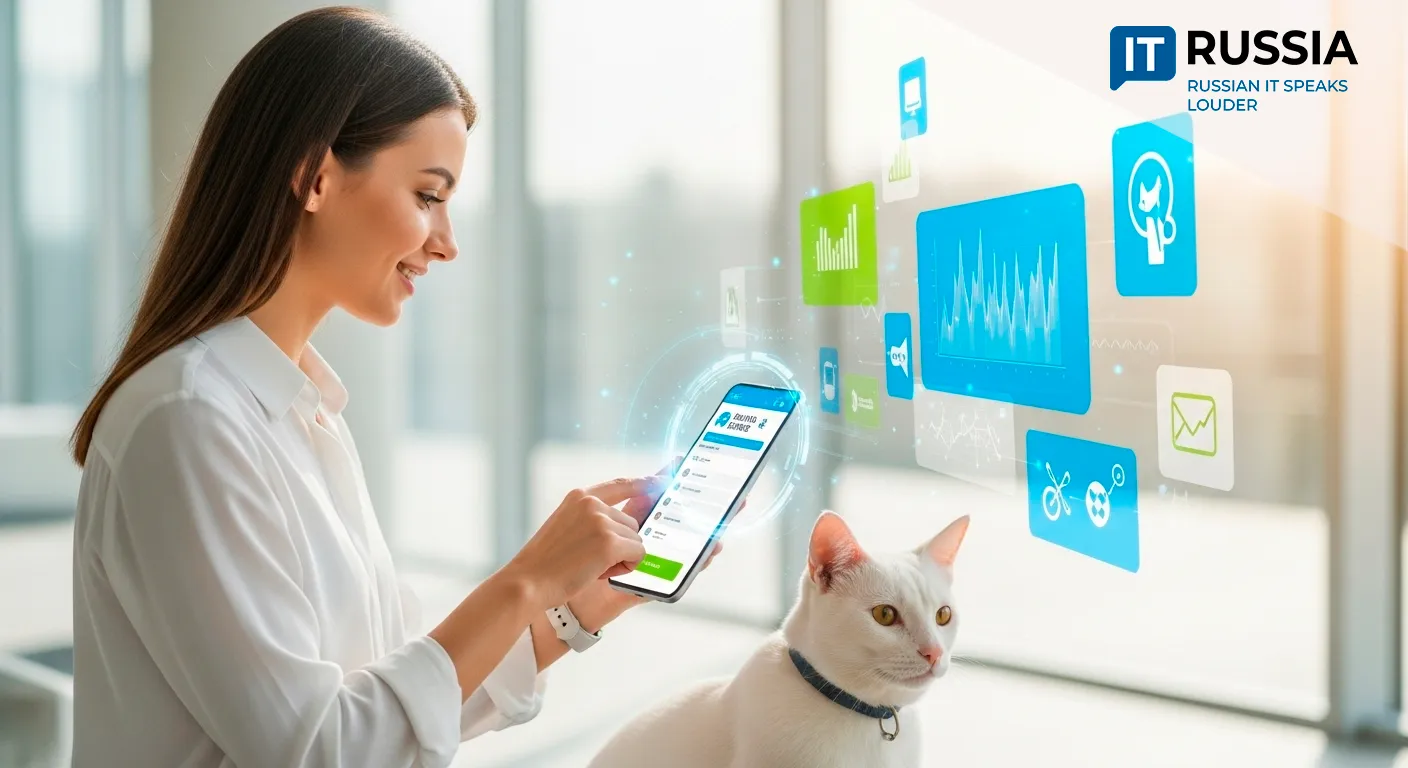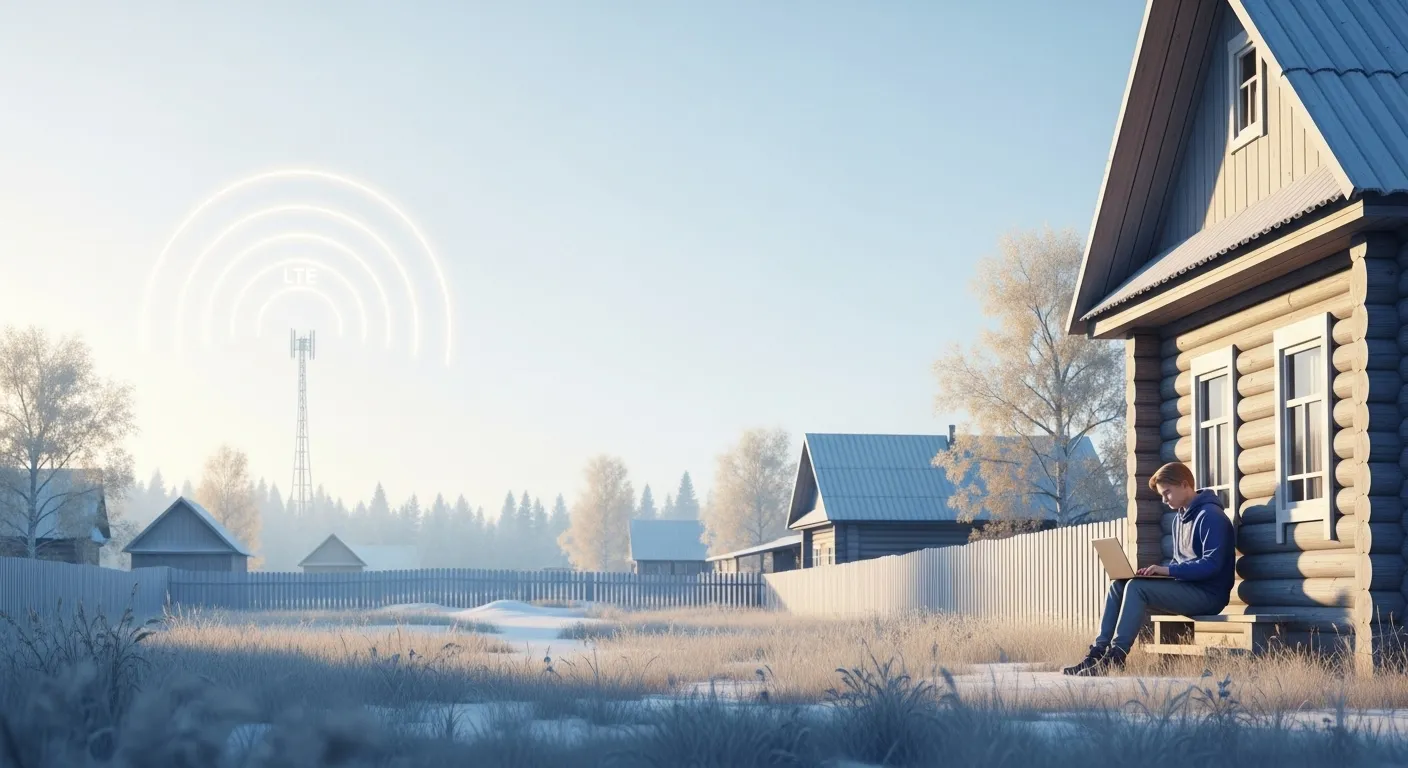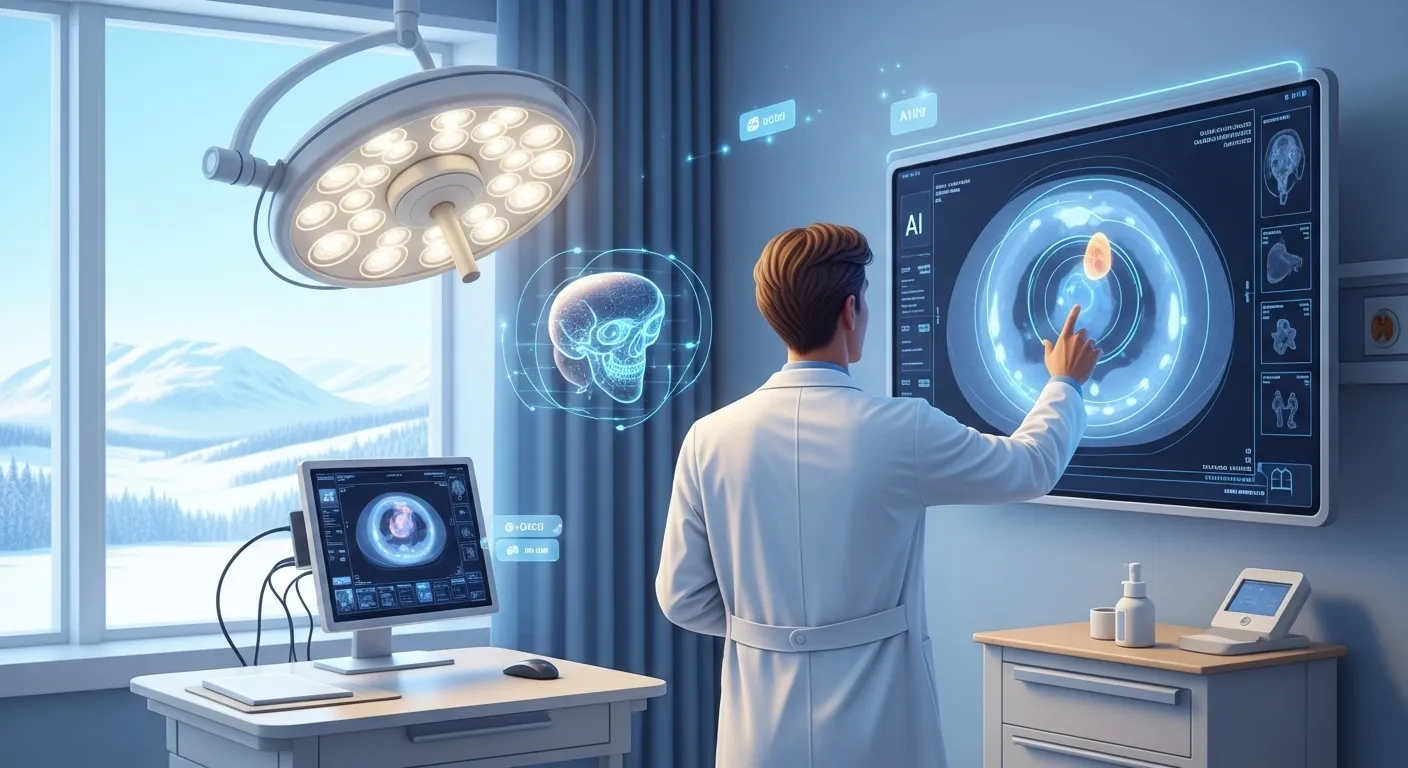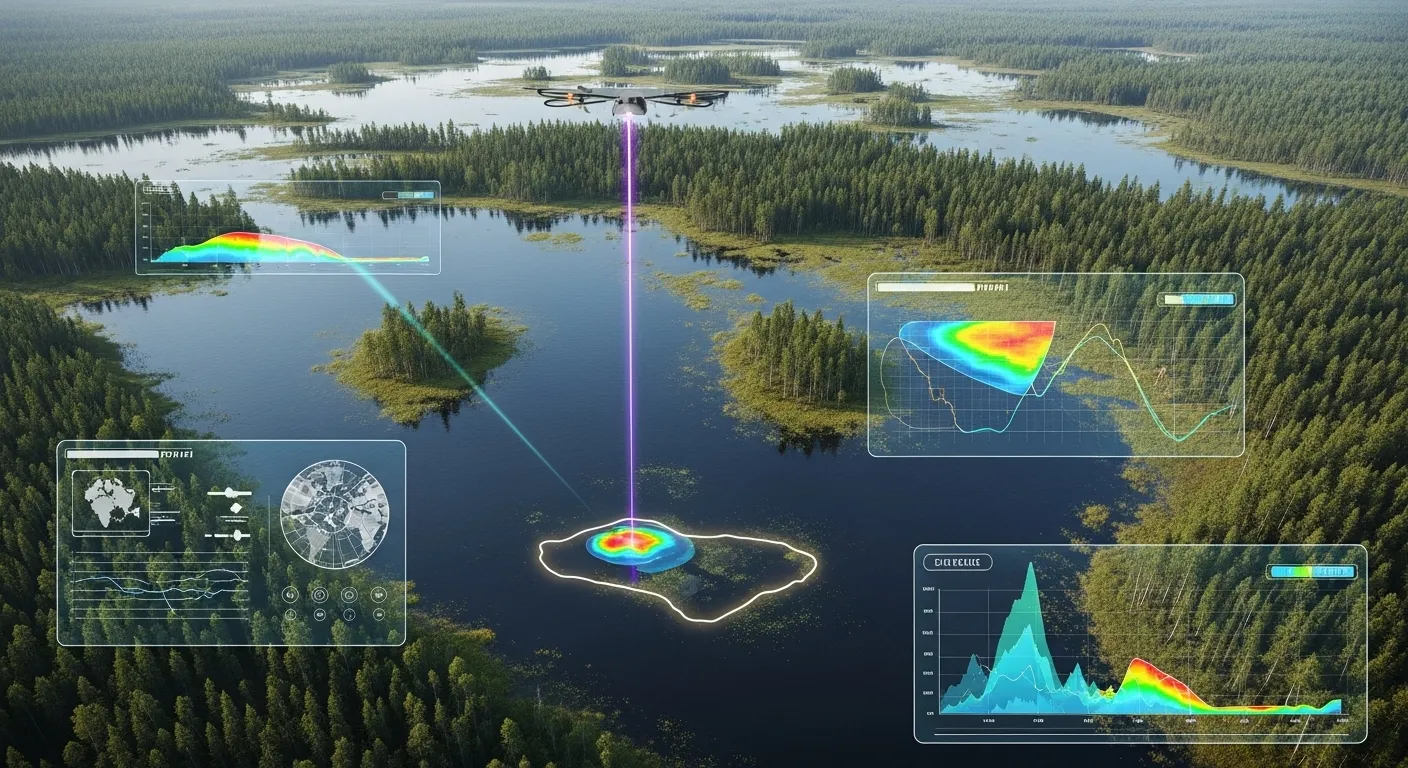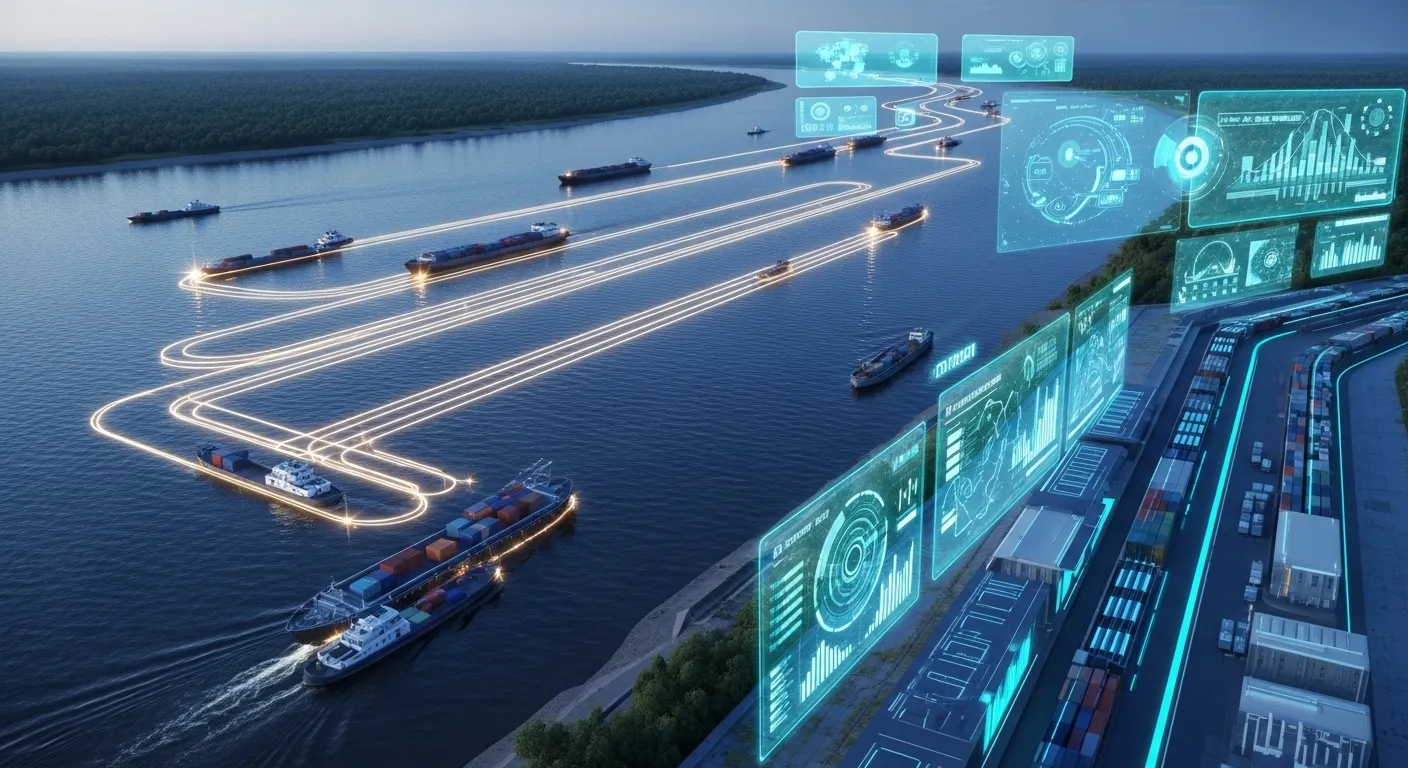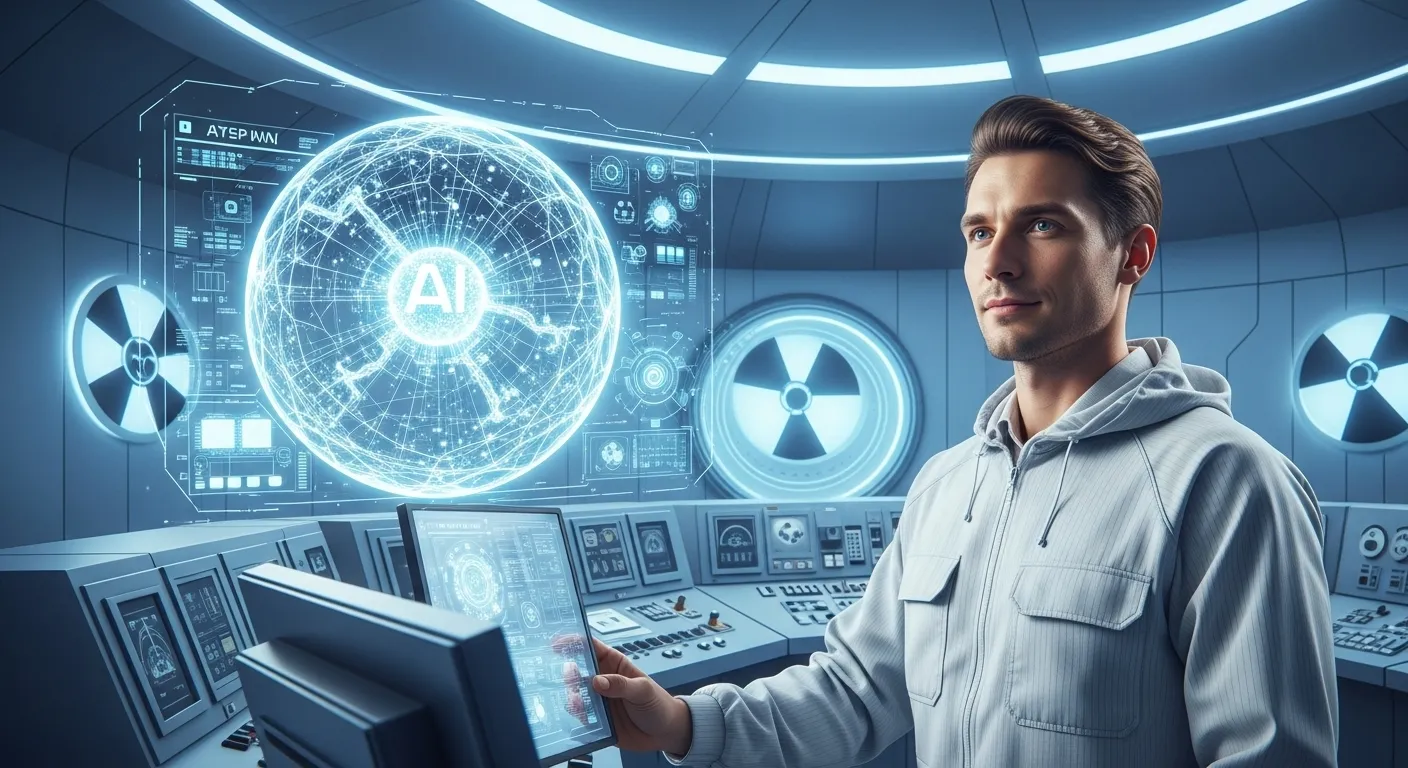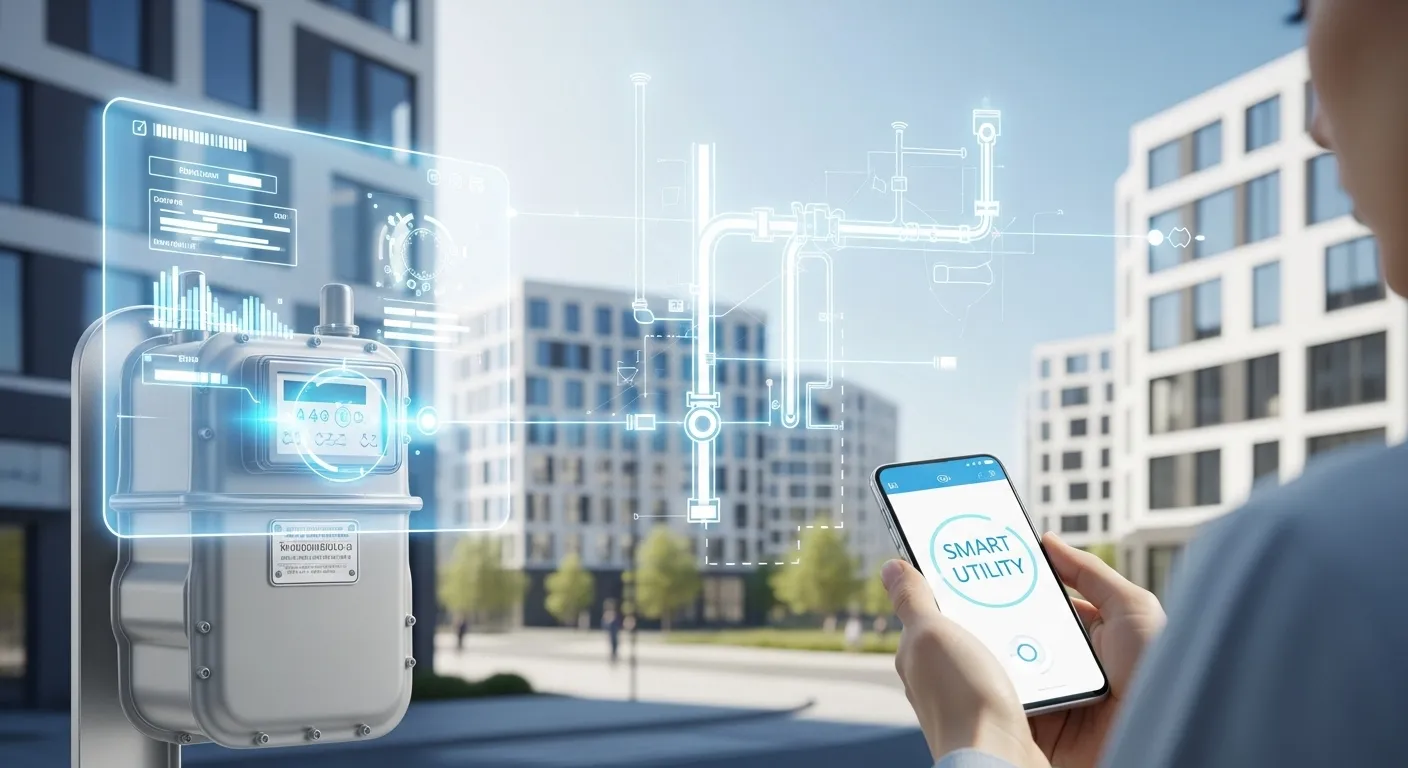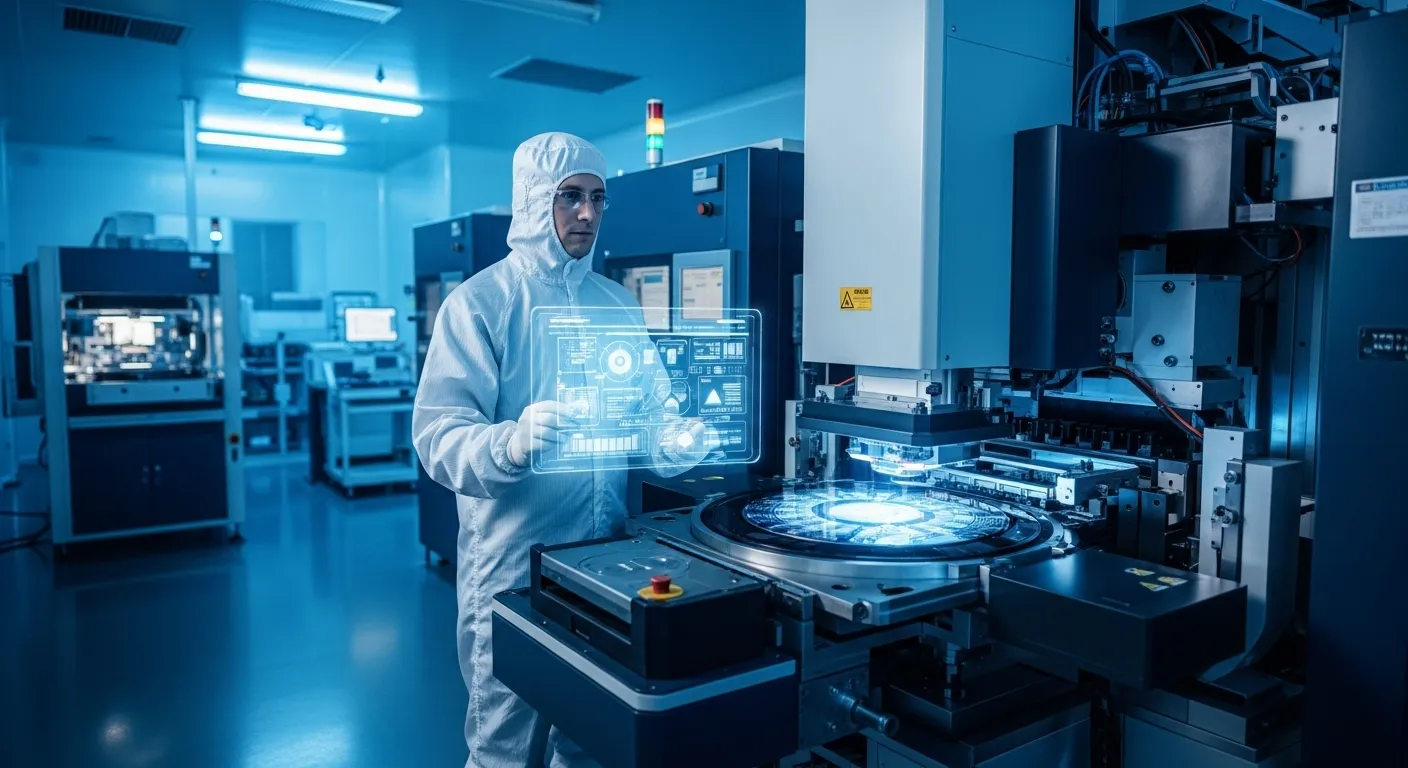Also Part of the 'Universe': Rosatom Becomes Strategic Partner of Major Education Project
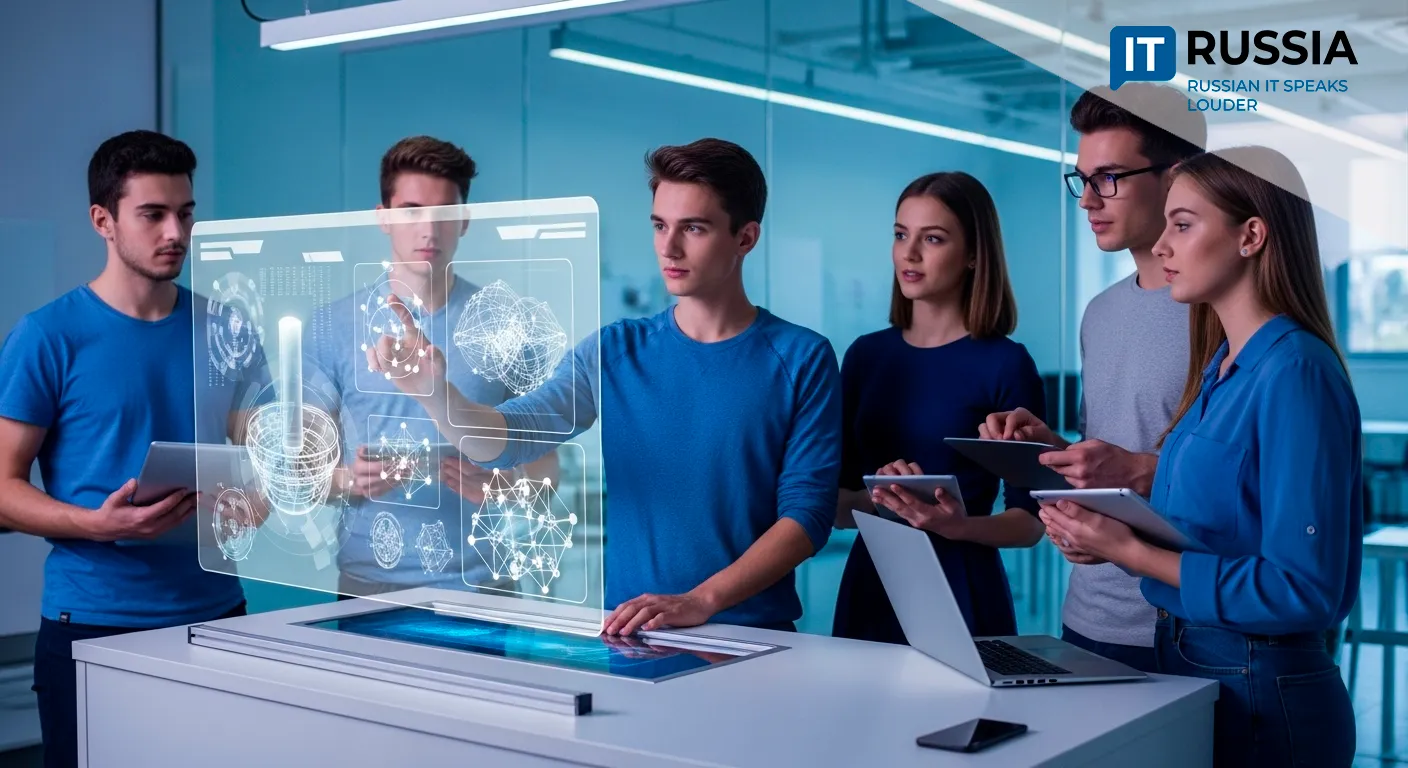
The third season of the “Scientific Universe” competition has kicked off, marking another chapter in a large-scale science and education initiative that has already reached more than 275,000 participants across Russia.
Building the Future
This multi-format project, designed for students aged 14 to 27, spans nine focus areas. Two of them—Quantum Technologies and Innovative Engineering—are now directly curated by experts from Rosatom. Mentors for these tracks include engineers from Rosatom’s Engineering Division and the Rosatom Quantum Technologies company.
Alexey Agafonov, head of Rosatom’s Engineering Design Competence Center, emphasized the strategic choice behind the Innovative Engineering track: “Over the next ten years, nuclear energy is expected to account for 25% of Russia’s energy mix. That means one in every four lightbulbs will be powered by atomic energy. Rosatom will need to design and build 38 new power units across the country, incorporating digital modeling, artificial intelligence, and other innovations. Participants in this track will get a chance to imagine themselves not only as scientists but as architects of the nuclear future.”
The program has already proven its popularity. In 2024 alone, more than 275,000 young people joined. “Scientific Universe” is supported by the Russian Ministry of Science and Higher Education as part of its “Science to Win” initiative.
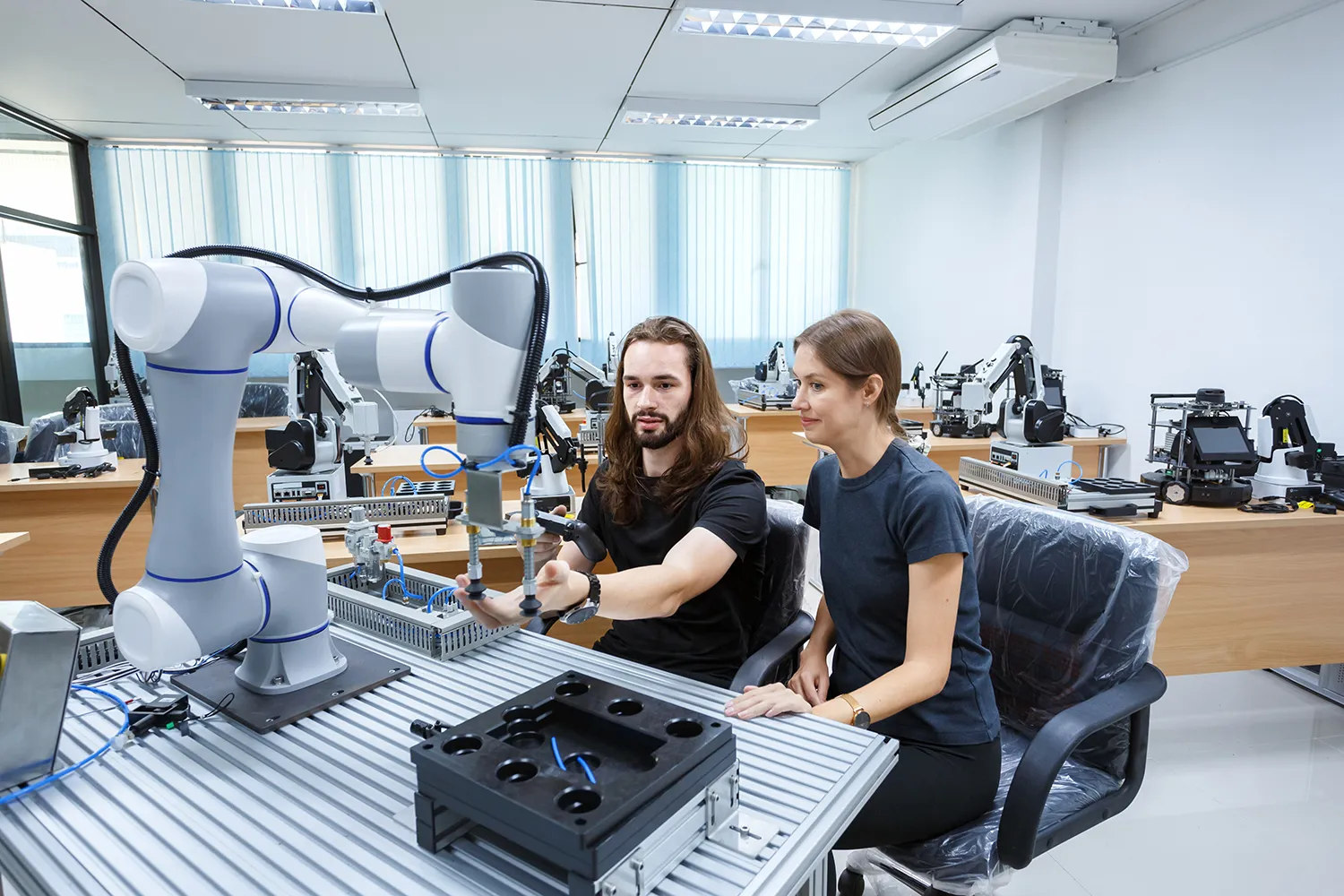
Rosatom’s involvement has added strategic depth. Its focus on quantum computing and digital engineering offers Russia’s IT industry a path to creating a homegrown high-tech ecosystem, less vulnerable to international sanctions. These technologies also support the education of professionals who will drive the country’s future innovation economy.
Just as importantly, the project helps make science more tangible for the next generation. With real-world industry partnerships, students can see how their skills apply beyond the classroom, encouraging more young people to pursue STEM careers.
A Borderless Platform
The project’s ambition extends beyond Russia. The goal is to help the country take a global lead in export-ready quantum and engineering solutions. Rosatom’s extensive international experience, particularly in building nuclear power plants abroad, suggests that skills fostered in this program may soon feed into global technological partnerships.
Participants get hands-on experience in advanced fields like quantum computing and BIM (Building Information Modeling). They also tackle real challenges proposed by experts from Rosatom and other top-tier tech firms. And they receive symbolic but meaningful rewards—such as visits to a spaceport or a nuclear plant.
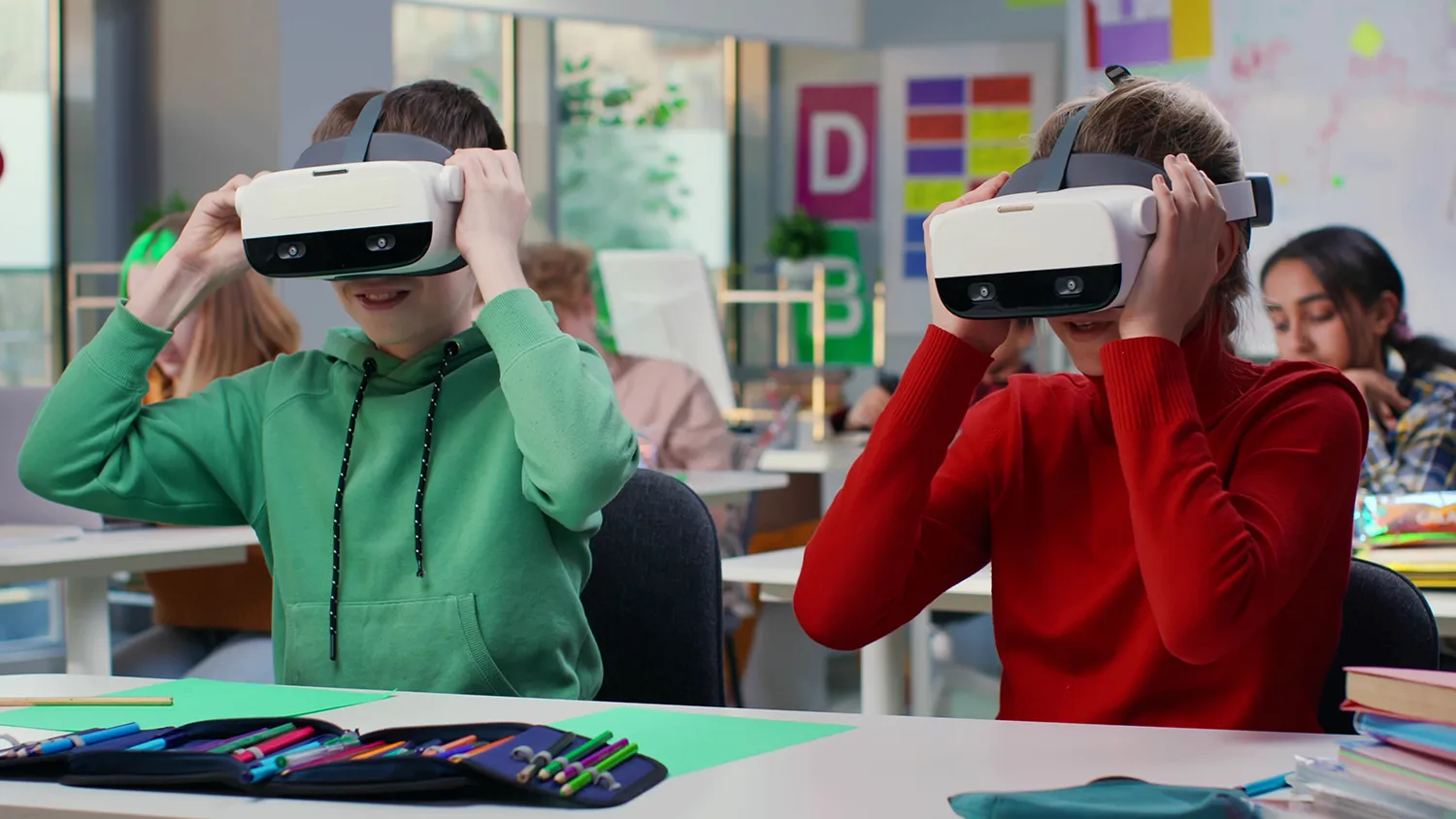
For Russia, this is also a strategic tool to identify and prepare future talent. Promising students are channeled into professional development pipelines tied to the nuclear industry and other high-tech fields. Digitization of design processes for the planned 38 nuclear units will improve infrastructure safety and efficiency. Internationally, it showcases Russia’s stake in the race for tomorrow’s technologies.
Scaling Innovation
The project’s future looks bright. Quantum tech and digital design are easily adaptable across industries and borders—especially in sectors like nuclear energy and aerospace. The collaboration between Rosatom and the Russian Youth Corporation at MISIS University is creating an educational ecosystem that could become a model for other countries.

Since the project’s launch in 2023, Rosatom has steadily increased its involvement. Season two, in 2024, reached a record number of participants. Meanwhile, Rosatom has expanded its digital capabilities in major projects like the Kursk NPP-2 and has discussed building the Primorsk NPP with a focus on digital innovation.
Looking ahead, more participants and new themes—like robotics, ecology, or digital twins—are expected. International collaboration may also grow, as partnerships with foreign universities and exchange programs are considered. The best student-designed solutions may eventually be implemented in real infrastructure, closing the loop between education and innovation.


